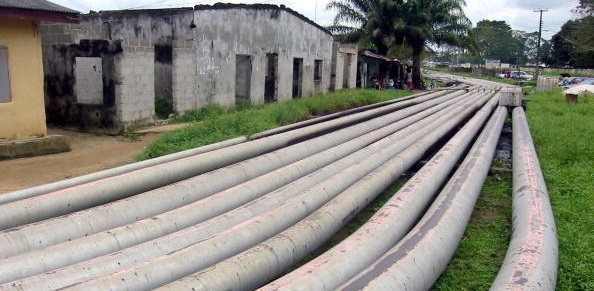
NNPC ready to co-operate with stakeholders, exploration companies to increase reserves and productivity.
The Nigerian National Petroleum Corporation (NNPC) has claimed the country’s crude oil and gas reserves are declining at a fast pace. The organisation’s managing director, Maikanti Baru, said NNPC was ready to cooperate with stakeholders and exploration companies to increase Nigeria’s reserves and productivity in the petroleum sector.
“Our national gas demand forecast to year 2020, domestic plus export, indicates a rapid growth to 15 billion Standard Cubic Feet per day [bscfd], meaning current reserves level can only sustain that production for 35 years, if we do not increase the 2bscfd gas reserves base that require three trillion cubic feet [tcf] to replace production yearly,”Baru said during an event in the federal capital of Abuja.
He added that the country should increase oil production to 4 million barrel per day (bpd) and meet the gas demand of 15 bscfd per day by 2020, in order to advance the country’s industrialisation.
Oil production declines
Baru further claimed that Nigeria’s current oil production – 1.6m bpd – was low, partly due to oil theft and vandalism.
Nigeria is Africa’s biggest oil producer. However, the country’s production has been affected by repeated bomb attacks on oil pipelines and facilities in the volatile Niger Delta region since the beginning of 2016.
Attacks blamed on the Niger Delta Avengers (NDA) militant group, which emerged earlier this year, have brought Nigeria’s oil production to a 30-year low. In September, vice-president Yemi Osinbajo claimed the country now loses “over one million barrels of crude oil on a daily basis”.
Earlier this year, Nigeria’s lower house of parliament ordered an investigation into whether $17bn (£13.3bn) of oil and liquefied natural gas exports have been stolen between 2011 and 2014.
In August, Nigerian President Muhammadu Buhari acknowledged his country had become poorer since he took office in 2015. The leader said Nigeria’s economy was deteriorating due to a fall in oil production and prices.
“It has been a very difficult year for Nigeria. Before we came to office, petroleum sold for about $100 per barrel. Then it crashed to $37, and now oscillates between $40 and $45 per barrel,” the leader said, according to a statement by his spokesperson Femi Adesina.
Buhari’s remarks came as South Africa regained the title of Africa’s largest economy, a position held by Nigeria for the past two years.
Source: International Business Times (IBT)











